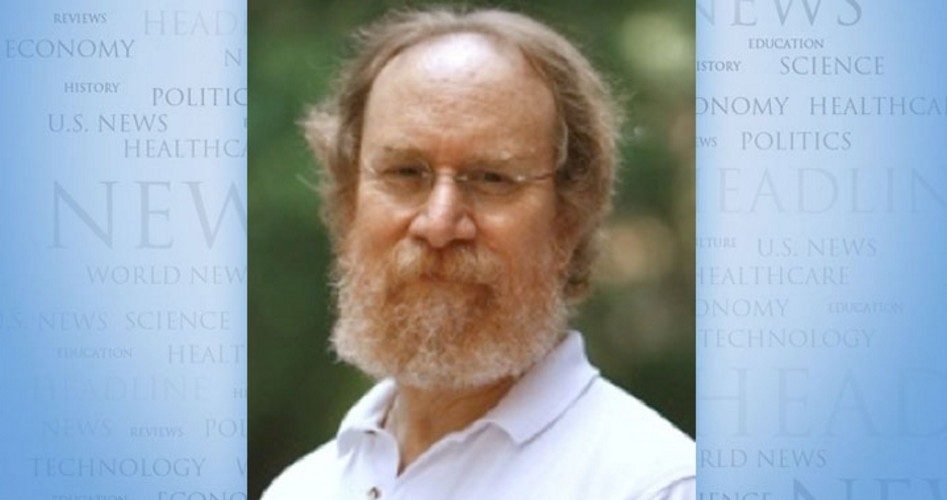
We would do the young victims of the Newtown shootings no honor by frantically enacting futile restrictions on freedom.
It may be satisfying to “do something.” But two things ought to be kept in mind. First, liberty is never more in peril than when politicians sense that the people want them to do something — anything. Second, a false sense of security is worse than no security at all. Legislating in the heat of emotion will not prevent future attacks, but it will do irreparable harm to innocent people.
The proposition that restrictions on gun sales will prevent shootings has been debunked many times. One wonders how often it must be pointed out that someone who is willing to commit murder is not likely to be deterred by gun laws or gun-free zones, which merely amount to an invitation to killers seeking to create maximum mayhem before killing themselves. Increases in violent crime followed tighter gun laws in Britain and Australia.
Adam Lanza, the Sandy Hook school killer, used a semiautomatic rifle modeled on a gun used in combat, but it does not follow that if the so-called assault-weapons ban were reinstated, mass shootings would stop. The original ban singled out rifles based on cosmetic considerations, but even a more comprehensive ban wouldn’t make anyone safer. Millions of such rifles exist and would not disappear with the passage of a ban. Nor would the existing supply be confiscated. Thus, a plentiful black market would exist. Anyone who wants a banned rifle badly enough will have no trouble getting one. However, rifles are used in only a small percentage of crimes — and let’s not forget that violent crime has been declining for decades.
Gun controllers propose that gun sales occurring outside of licensed stores, such as at gun shows or between private individuals, should be subject to buyer background checks. It takes only a moment to see that that requirement would make no one safer. How would it be enforced? Informal sales by definition are beyond the view of the authorities. It’s already against the law for convicted felons to possess firearms. Does anyone believe that restriction is effective? Again, someone determined to commit murder will get a gun without a background check. But having people believe otherwise may keep them from adopting sensible precautions.
James Alan Fox, a professor of criminology at Northeastern University, points out another problem with background checks: “Most mass murderers do not have criminal records or a history of psychiatric hospitalization.” Furthermore, let’s remember that Lanza took guns from his mother, a legal gun owner.
Nothing the gun controllers can think of will keep guns away from those who intend to do harm.
Unfortunately, some opponents of gun control try to take people’s minds off guns by blaming shootings on mental illness. If people with mental problems could be more easily locked up, goes the argument, we’d all be safer. This is an especially dangerous idea. As Fox writes, “Certainly, people cannot be denied their Second Amendment rights just because they look strange or act in an odd manner.” But that is what some people seem to want.
Proposing to lock people up (even in a purported hospital) before they have been convicted of a crime mocks the principles of justice we routinely pay lip service to. (True, these principles have been violated routinely in the “war on terror.” Our task, however, is to stop this outrage, not make it more common.) Some commentators lament that it is not as easy to commit people as it used to be, but be careful what you ask for. Psychiatrists have no special skill at predicting who will be violent, and while they use terms like “mental disorder,” there are no objective tests for psychiatric “diseases.” Expanding the mental-health laws would save no lives, but it would jeopardize the freedom of people who pose no harm to anyone.
No legislative gimmick will prevent mass shootings. An open society is a risky society, and giving more power to our guardians only raises the ancient question: Who will protect us from our protectors?
In the end, there’s no substitute for taking self-defense seriously.
Sheldon Richman is vice president and editor at The Future of Freedom Foundation in Fairfax, Va.


